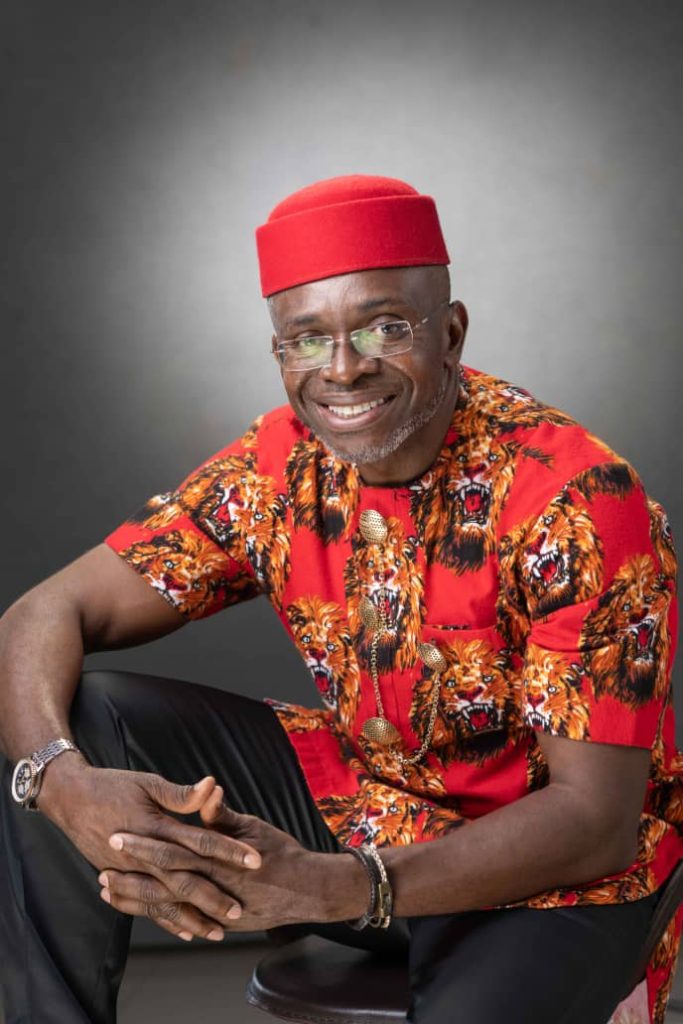Highlife is the music genre which began or started in West Africa, around Ghana, in the early 20th century. This music genre was established with the introduction of European musical instruments unlike before when West Africans used drums and other traditional music instruments. In this post, we’ll be examining the history and details of Igbo Highlife: the most popular music genre of the Igbo people and South-east region.
History and Details of Igbo Highlife: The Most Popular Music Genre of the Igbo People and South-east Region
Wikipedia.com puts it that Igbo highlife began in the 1920s in Igboland, south-east area, and Nigeria as a whole. In Nigeria, or Igboland, the music genre migrated from Ghana and the West African area around there. It was introduced in Nigeria due to the introduction of European musical instruments like drums, guitar, paino, and so on. However, Igbo highlife musician didn’t use only European musical instruments, they also used traditional Igbo musical instruments and infused it into the music genre.
The Igbo Highlife was developing and gradually getting into the fabrics of the society from the 1940s till 1970s. Nonetheless, it was until the mid 70s and 80s that Igbo highlife and music became very popular. There was high demand and supply of Igbo Highlife, and Highlife in general. It was the 70s and 80s that the greatest of Igbo Highlife musicians gained prominence and sold hundreds and hundreds of records, with outstanding performances.
In the 1970s, 1980s, and 1990s, there were prominent highlife musicians like Chief Osita Osadebe, Chief Oliver de Coque, Ali Chukwuma, Bright Chimezie, Sir Warrior, Celestine Ukwu, Nico Mbarga, Oriental Brothers, Isaac Rogana Ottah, and Ikem Mazeli. Places like Onitsha, Owerri, Enugu, and Aba were instrumental to the development of Igbo Highlife music genre. There are some songs from the music genre that have gone on to world hits.
In the 21st century, the Igbo Highlife took a new turn and became flexible as it incorporated other music genres into itself. These music genres that it incorporated into itself included pop, reggae, hip-hop, Igbo rap, afrobeat, and so on. In this 21st century, there were musicians who made their impact in Igbo Highlife and the fusion of other genres like Flavour, Ụmụ Obiligbo, Ayaka Ozubulu, J. Martins, Mr. Raw, and so many more.
The one thing Igbo Highlife is missing, though, is that it hasn’t gained global appeal like its counterpart, Afrobeat. Now, what can be done to ensure that Igbo Highlife gains global appeal.
How can Igbo Highlife Music Genre gain International Appeal?
Just like the Afrobeat music genre in Nigeria, Igbo Highlife music genre has the capacity to gain international appeal. Achieving international appeal can be possible with Igbo Highlife music but it has to be done with the contribution of the singers, distributors, promoters, and listeners.
First, the musicians will have to make their sound, beat, and lyrics be entertaining and charming to appeal to global audience. They should stop singing only in the native language, and incorporate other music genres just like the current set of highlife musicians have done like Flavour.
Secondly, they should work heavily with promoters and distributors to ensure their songs aren’t only popular in Nigeria but also other places in the world. The songs should be promoted and distributed across borders, online and offline, all over the world.
Thirdly, the listeners and lovers of Igbo highlife should also join in promoting it. They should play it most times. They should also recommend it to their friends, family, and all people.
By this way, all hands must be on deck to make Igbo Highlife achieve global success as a music genre just like Afrobeat managed to achieved. When it achieves this success, it can add more than $500 million to the southeast economy and region.
Conclusion
This is it on history and details of Igbo highlife: the most popular music genre of the Igbo people and south-east region. We do hope you have learned a whole lot from this articulate article.
